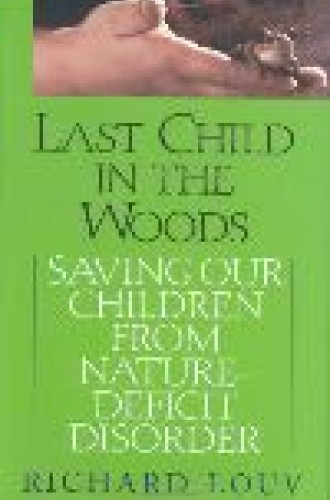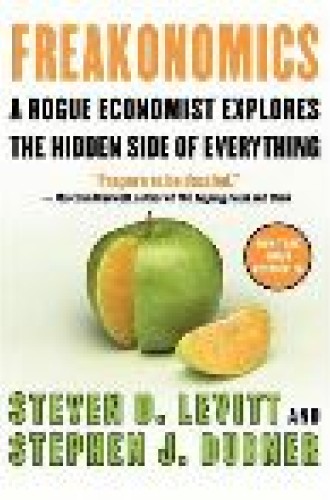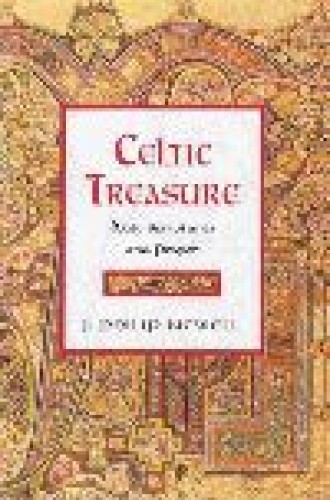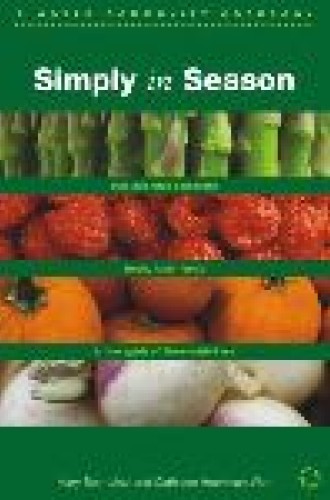CC recommends
“Our children are the first generation to be raised without meaningful contact with the natural world,” writes Louv, a columnist for the San Diego Union-Tribune and founder of the Web site Connect for Kids. What’s keeping kids indoors? A lack (or perceived lack) of time; fears (of strangers, bugs and even dirt); and preoccupation with academic achievement, computers and television. His summary of the costs of “staying inside” is striking: too many children are dependent on Ritalin, stressed, overweight and void of “primary experiences”—the firsthand use of all of the senses to take in the world instead of just vision and sound (via video and headphones). Louv cites initiatives that could reverse the trend. In Helsinki, elementary school kids are sent outside every 45 minutes to “let off steam.”
While covering agrarian themes familiar to Berry readers, these essays also touch on issues of national interest: weapons of mass destruction, John Kerry’s presidential platform, national security and individual rights. Especially helpful are “Quantity vs. Form,” on the value of “a lived life” versus “a long life,” and Berry’s ruminations on the varieties of human ignorance (the title essay). Also of note is “The Working Wilderness,” an essay by Courtney White that makes a plea for a new wilderness land ethic. The book includes “The Burden of the Gospels,” which was excerpted in the Century.
The notion that high abortion rates explain low crime rates offends pretty much everybody (as William Bennett found out), but that’s the kind of unconventional analysis of data that Levitt and Dubner enjoy. They offer unexpected economic explications of everyday behavior—like why people steal (or don’t steal) bagels from the office kitchen and why drug dealers live with their mothers. “Morality represents the way the world should work,” the authors say, and “economics represents the way the world actually does work.” This book makes you think differently about how morality and economics intersect.
What makes this book Celtic is a vexing question. Is it the images from the Book of Kells, the delightful children’s art that is touted as interpretations of Celtic art, or the prayers that supposedly draw on the Celtic tradition? The author is the former warden of the Iona Community off the west coast of Scotland. This is the latest in a series of prayer books by Newell that are both practical and beautiful. It contains seven weeks of prayers. Families with children are encouraged to use these simple daily prayers.
The average food item travels more than 1,000 miles before it lands on our tables, claim the authors. They make an effort to reverse that trend by offering more than 1,600 recipes that encourage the use of locally produced and fairly traded foods. The book is organized according to the four seasons. In the spirit and tradition of the More-with-Less Cookbook, it stresses the importance of vegetables and fruits. The authors recognize that many people can’t grow their own food, but they encourage people to patronize local produce markets or Community Supported Agriculture (CSA), a program in which subscribers pay farmers for a share of a season’s produce. Simply in Season is also available as part of a $53.99 gift-boxed set, which includes the More-with-Less Cookbook and Extending the Table.










